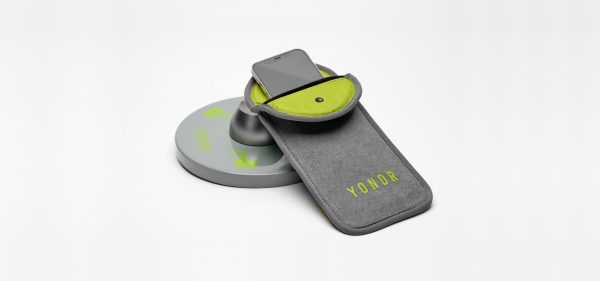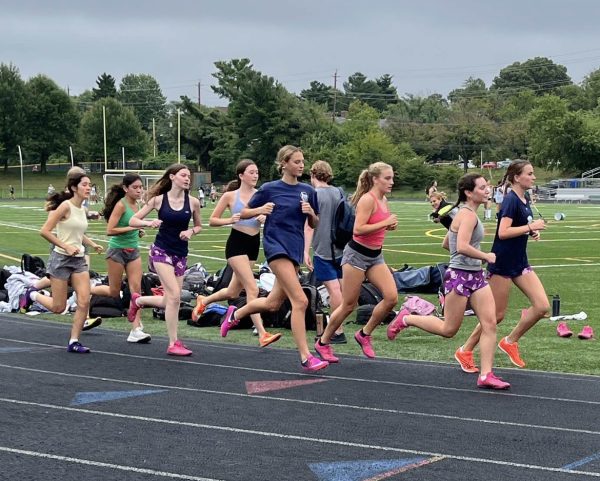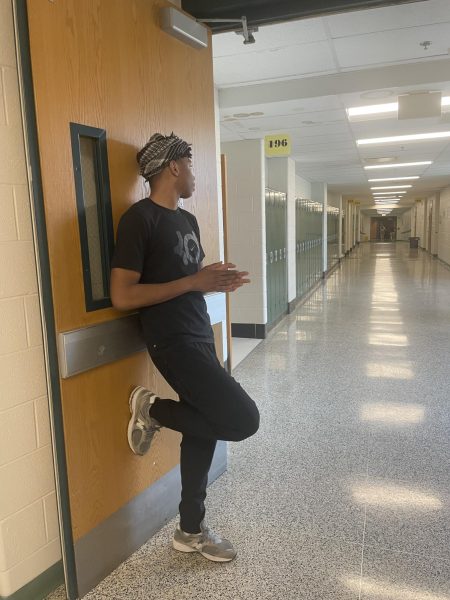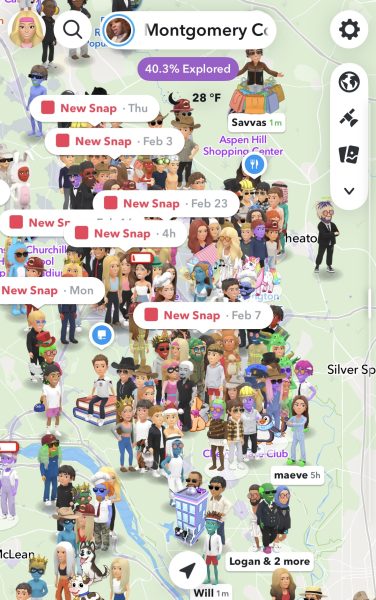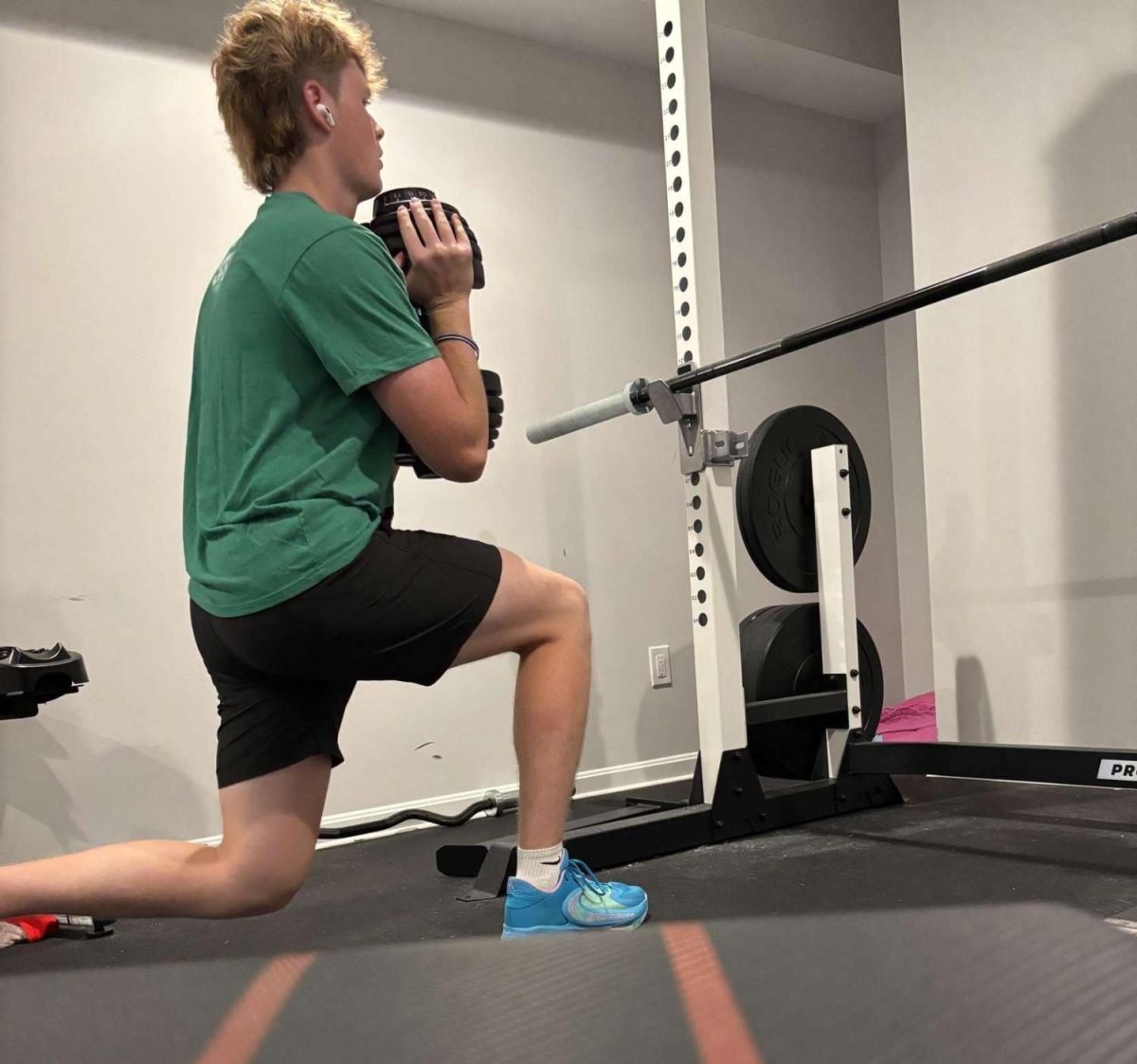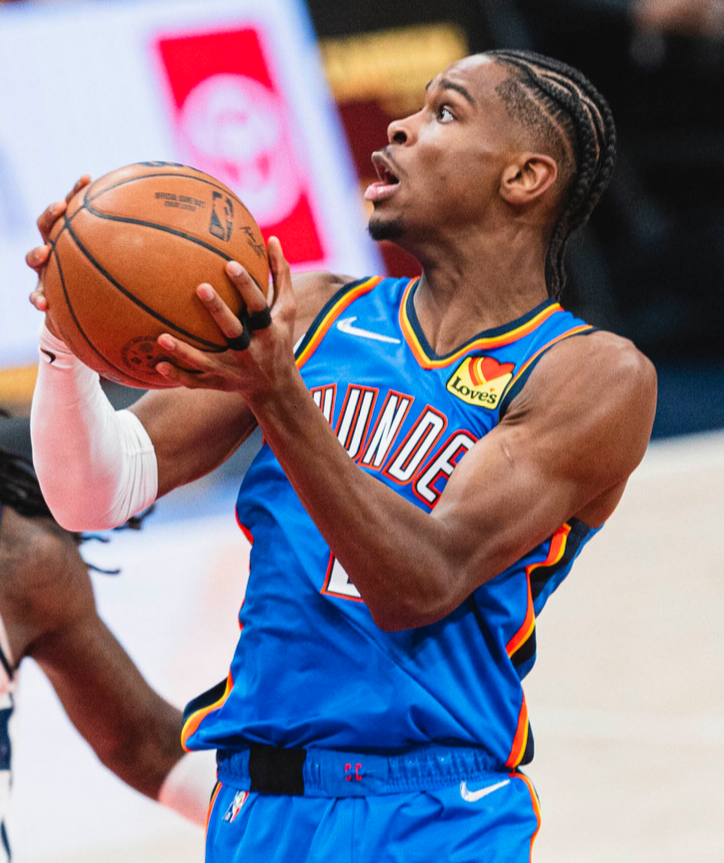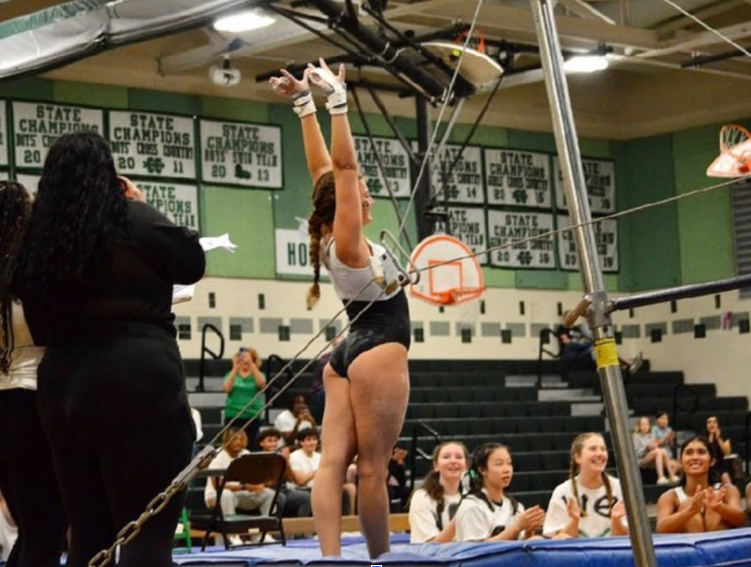Hip hop’s influence on drugs
Lil Pump is one rapper with a younger audience whose influence is largely centered around his drug use while staying popular. Image courtesy of Wikimedia Commons
Jan 29, 2018
Rap is the new rock. The days of bands taking girls on their buses after shows, snorting lines of cocaine in the dressing room and going out on stage with dilated pupils are over. They’ve been replaced with girls being brought onto the tour buses of rappers and their entourage, they pop Xanax and, well, go out on stage with dilated pupils.
Lil Uzi Vert isn’t very far off when he screams “I’m a rockstar,” because, in all reality, this genre switch has made him the new breed of rockstar. Of course this comes with the heavy drug culture that rockstars partook in through the late 1900s.
The way that these rappers’ quotes and lyrics about drugs will affect their fans’ decision making could be something that is new with the rap genre, not coming from the age of rock.
Where the more direct drug influences in rap lie are in clips of hip hop artists. A specific interview that stands out is legendary hip hop interviewer Nardwuar the Human Serviette’s go at Lil Uzi Vert. Uzi is clearly on Xanax. He laughs in an ecstatic and almost drunk fashion at nearly everything Nardwuar says and looks like he’s having a fantastic time.
This portrayal of the infamously Xanned up Lil Uzi while in his state and loving it is what could really push teen listeners to try it out for themselves. Why wouldn’t they want to emulate someone having such a great time and enjoying so much success?
Other actions like Lil Pump’s 500 Xanax strong cake, Quavo of Migos fame smoking a blunt while getting a haircut in his own personalized barber shop apron, or even his Migos cohort Offset flexing the quality of his marijuana on his Instagram story, can all give fans of theirs drug inspired goals to strive towards. Basically anywhere that rappers can convey their true personalities: online, in interviews, at concerts between songs, they run the chance of influencing fans to do drugs by showing how they get high out of their lyrics.
A sophomore student who wishes to remain anonymous explains how seeing these drugged out rappers getting interviewed and on social media affected their decision making. While they never really thought about it, they now see how these artists’ public antics may have affected how they viewed drugs.
“I remember one time I was at a Sch-oolboy Q concert and he was running late. As he was coming out everyone began to boo, and he just took the microphone and said ‘Sorry, I was getting high.’ Instantly everyone began to laugh. I just remember how he was able to switch the mood so fast and how maybe if I smoked I could do something similar,” they said.
With the turn of 2018 however, rappers have been using their strong influences to push back on this phenomenon. The group of rappers most closely associated with Xanax: Lil Uzi Vert, Lil Pump, even an individual named Lil Xan just to name a few, have begun a wave of resistance against the drug that has been so influential in their lives. Lil Pump’s best friend Smokepurpp tweeted a message voicing his resolution to leave the drug behind in the new year.
“We leaving Xanax in 2017,” he said.
Hip hop powerhouse Travis Scott’s saw this on his Twitter and responded as well with a message.
“This tweet makes me happy!”
Scott also has gone on to say that the messages that he relays in his songs about drugs are almost entirely fantasy. The image that he’s painted for himself even gets to him a little bit.
“It stresses me out because people think I’m on a lot of drugs, which [redacted] pisses me off,” he said. “I’m not at all. I barely drink alcohol and I smoke weed kind of. But I don’t do coke or any of that crazy-[redacted].”
Other actions like Uzi’s recent Twitter walk-through of his fight with withdrawal along with his first sober recording session, and Lil Xan going live on Instagram to verbally denounce Xanax are just some of the ways that rappers have come out against heavy drug use, or at least distanced themselves from it.
Nathan Oyeniyi is a senior who considers himself a fan of hip hop who likes to emulate the artists. He wears chains like artists do, he rocks earrings and also follows the drug-related messages of some of his idols.
“I really do look up so some of these guys and the materialistic lifestyles they live. With this in mind, drugs were always a thing that I looked at hesitantly and hearing people like Travis Scott reinforce that just push me away from them even more,” Oyeniyi said.




